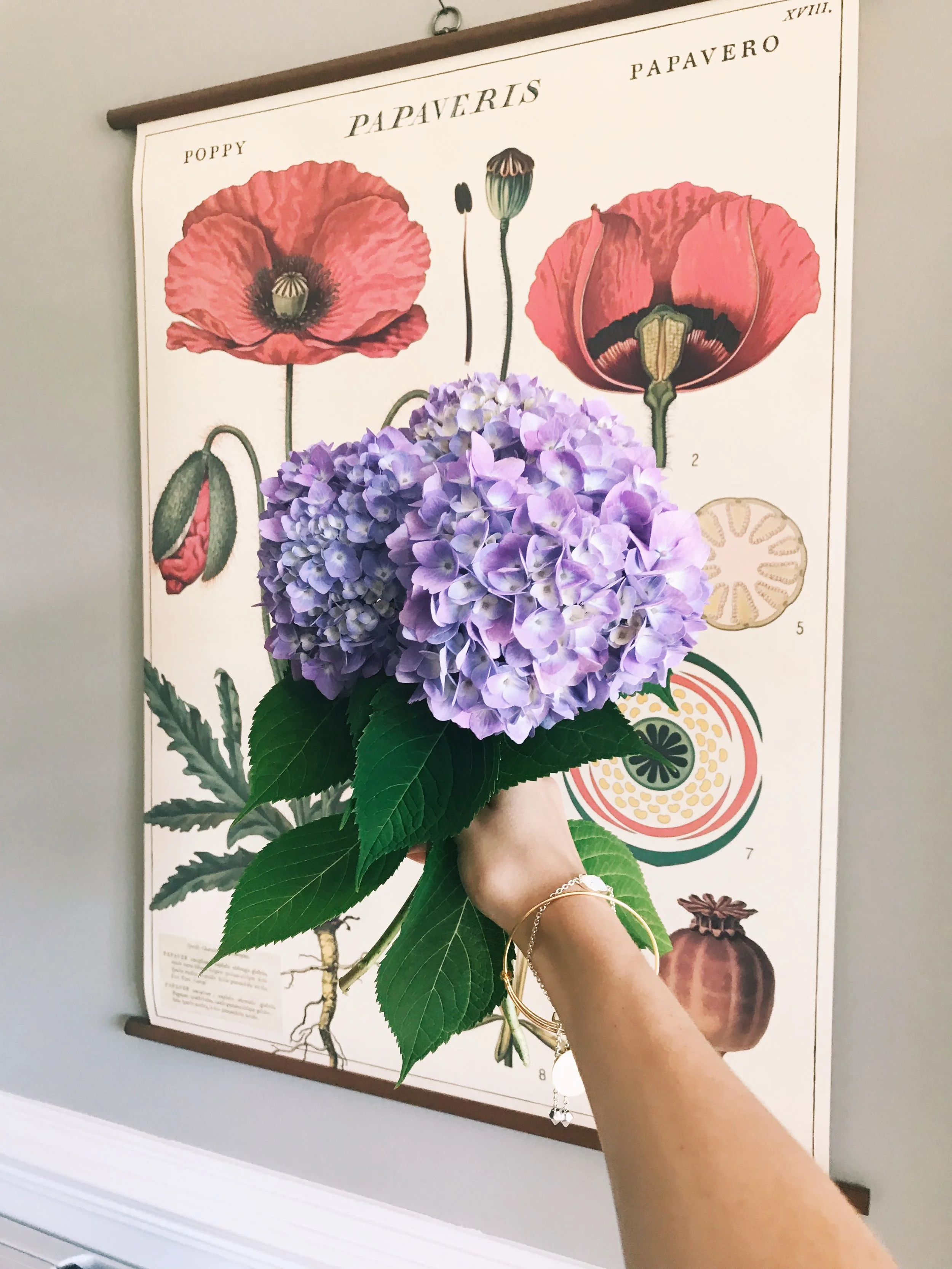Conscious Consumerism
Conscious consumerism > convenient consumerism. What is conscious consumerism? To me, conscious consumerism is taking captive our thoughts and actions regarding consumption. Instead of mindlessly making choices about what and how much we buy or use, we can thoughtfully consider the impact that each item or product has. An impact that goes beyond what each product will do for me, but what it has meant for the person behind it or the person who will have to deal with it after I am through with it.
This kind of thinking all began for me when I watched the documentary True Cost. The film takes a hard look at the clothing industry and the problem that is “fast fashion”. The director of the film, Andrew Morgan, meticulously and soberingly sheds light on an issue that not many people are aware of. To sum it up briefly, there are countless popular clothing stores that are manufacturing their products in low-wage, unsupportive, and dangerous settings which puts the employees and their families at risk. All for inexpensive, trendy clothes.
Beyond the clothing industry, there are other industries or markets that are out to make a profit at someone else’s cost. Companies who claim they have the best cleaning products available which are laden with chemicals that are toxic to our bodies. Large farms who spray their crops with gallons of pesticides and are full of GMOs to get the biggest, unseasonable yields. Plastic products are convenient and practical for a day and eventually make their way to the ocean where it pollutes the sea with chemicals and toxins for fish to absorb and for us to eventual consume ourselves. I could go on and on, but the point is, I want to be more aware of my impact.
So, how do we cultivate a conscious consumer mindset? First, I believe we need to have an understanding of our role as stewards on earth. We are to be good stewards of our things, our relationships, and the creation around us. This takes effort, primarily effort in s l o w i n g d o w n. Second, I think it is important to start asking questions and learning about the process. Who made my clothes? Where does my food come from? Are these standards ethical? Who am I supporting, and more importantly, who am I hurting? Third, and lastly, we should be aware of our need versus want. When faced with the decision to consume more, whether it be clothing, food, or things, we should seek to first act out of need, not an impulse to act out of want. I am not completely opposed to fulfilling personal desires, ya girl does not NEED Taco Tuesday every week, but wow they are a treat! However, if I am so inclined to always fulfill my want without considering the first two principles, I am not acting in conscious consumerism.
I used to think that my small choices and actions could make no difference. Now, I can’t risk the possibility that they do. I want to be a conscious consumer.







